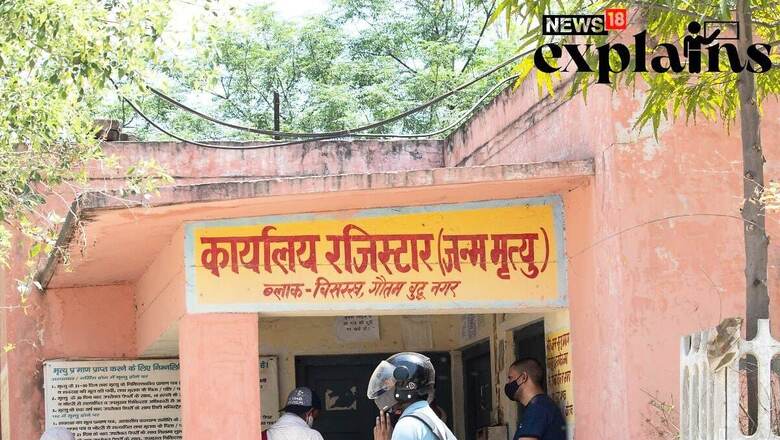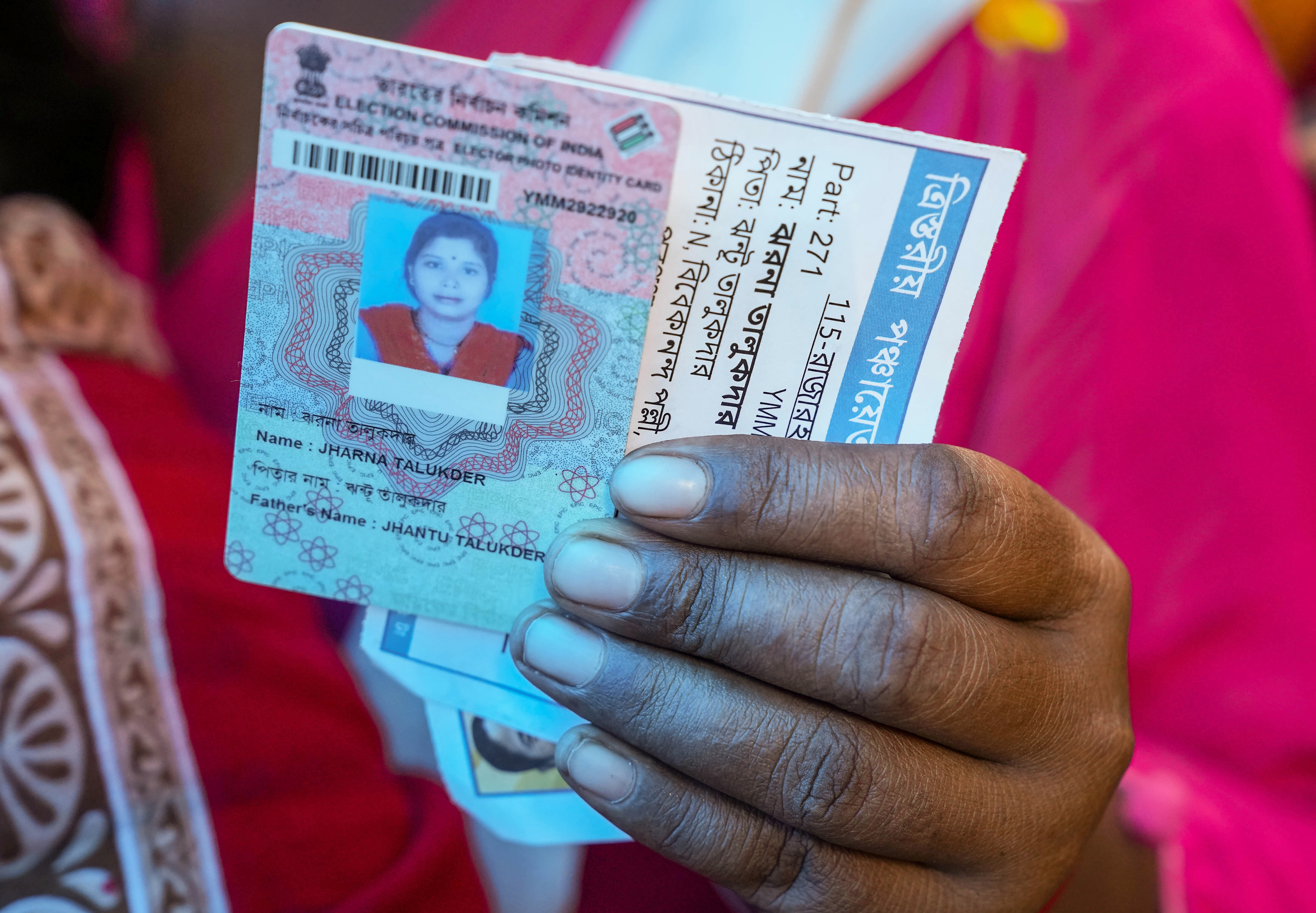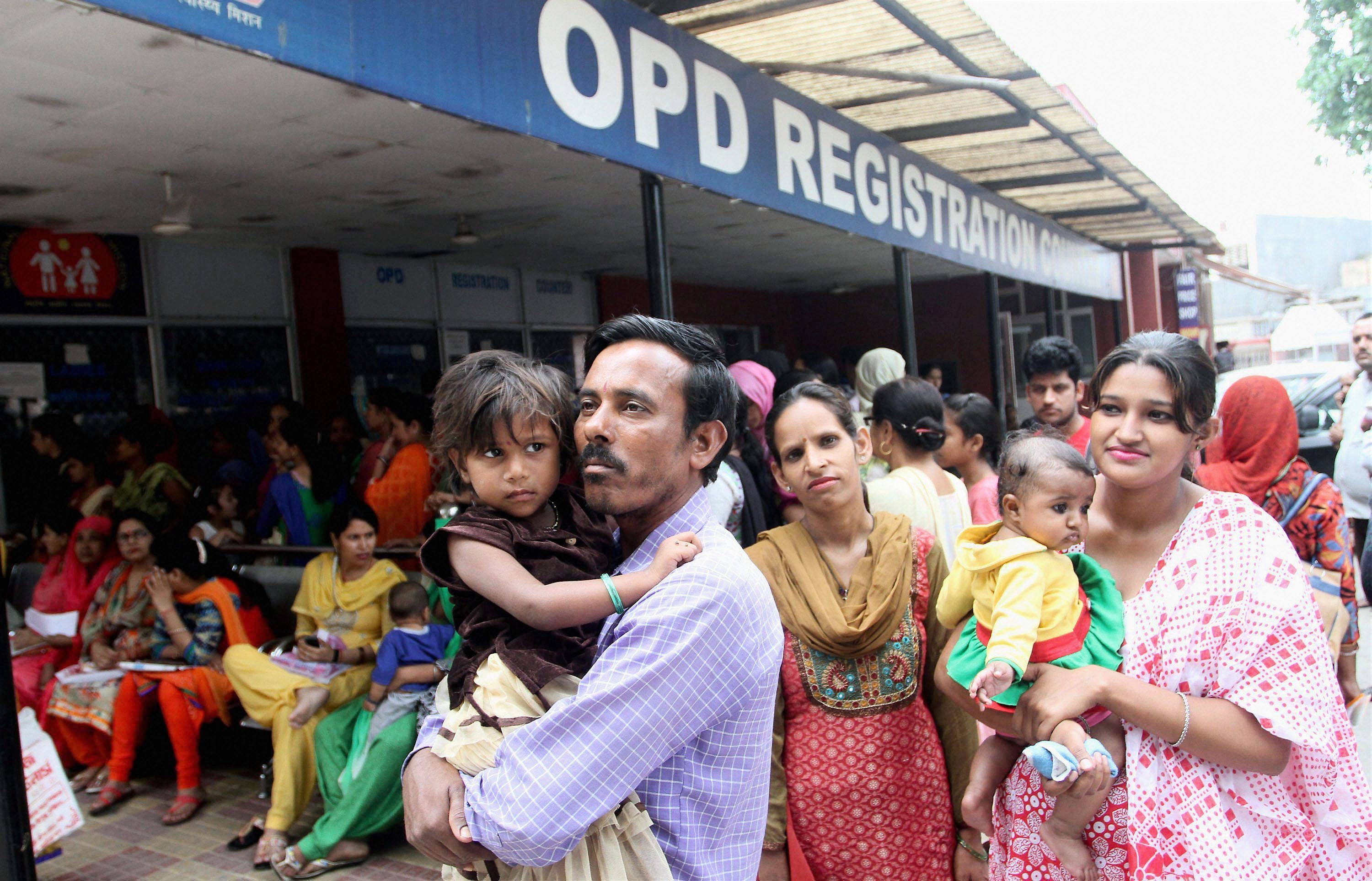
views
The Lok Sabha passed the Registration of Births and Deaths (Amendment) Bill, 2023 on Tuesday that calls for creating a national and state-level database of registered births and deaths and mandates Aadhaar number for registration of births.
The bill will amend the original 1969 Act, which could streamline the processes for registering births and deaths. The Bill allows use of a birth certificate as a single document for admission to an educational institution, issuance of driving licence, voter list, Aadhaar number, registration of marriage or appointment to a government job.
How are births and deaths currently registered?
The documentation of births and deaths is governed by the Registration of Birth and Death (RBD) Act passed in 1969 and State Rules framed using the Model Rules, 1999. According to the official website, the Act was implemented “to promote uniformity and comparability in the registration of Births and Deaths across the country.”
The Act requires States and Union Territories to maintain individual databases on the Civil Registration System (CRS), which comes under the operational control of the Registrar General of India (RGI).

The current legislation will bring in changes in the way that the data is collected, shared and will also be linked to Aadhaar.
Central Database
The new bill advocates that the Registrar General will maintain a national database of registered births and deaths, while the Chief Registrars and Registrars will be obligated to share data from the states and local jurisdiction related to births and deaths to the national database.
The Chief Registrar, meanwhile, will maintain a similar database at the state level. The central data reservoir will be updated in real-time and all the individual databases will be linked onto a common platform.
How Does Aadhaar Come into Play?
Aadhaar, which is essential for availing government services and banking facilities, will also be mandatory for the registration of births and deaths. For example, during births, when the medical officer reports the birth, then it would be mandatory to provide the Aadhaar number of the parents and the informant.

The Bill will also facilitate the registration process of adopted, orphan, abandoned, surrendered, surrogate child and child to a single parent or unwed mother. The provision of the bill states that there will be mandatory registration of births in cases where the birth is in jail or a hotel and the jailer or the manager of the hotel has to provide the Aadhaar number. The provision also extends to adoptive parents, biological parent for births through surrogacy, and in case of birth to a single parent.
Birth Certificates as All Purpose Document
The Birth and Death Certificates will be used to prove the date and place of birth for those born after the Bill comes into effect. The birth certificate will also be used during admission to an educational institution, voter list, appointment to a government post and other purposes.
The document will also be used for purposes like admissions, issuance of Aadhaar, driver’s license, passport, preparation of voter’s list, marriage registration and other government arrangements to be laid down by the Central Government.
The national database will also be shared with other authorities maintaining similar databases like population register, electoral rolls, ration card and others.
How The Bill is Beneficial?
A common and centralised database will streamline the birth and death registration processes and the sharing of the database with other agencies would avoid duplication and other such errors.
It also aims to make it mandatory for all medical institutions to provide a certificate as to the cause of death to the registrar and a copy of the same to the nearest relative.
The bill is also expected to remove registration challenges that comes from lack of investment, poor delivery of services and limited computer and internet services at the centres. It is also believed that the bill will be helpful in increasing the registration of deaths, which is currently not being done due to a range of issues at the rural level.



















Comments
0 comment